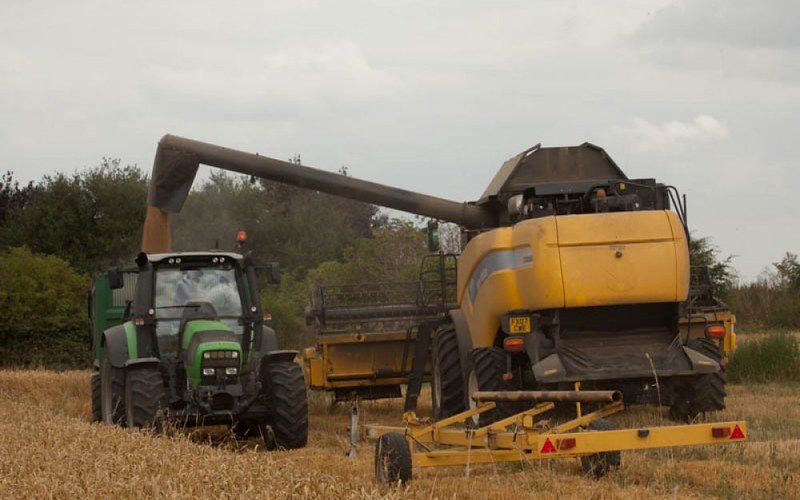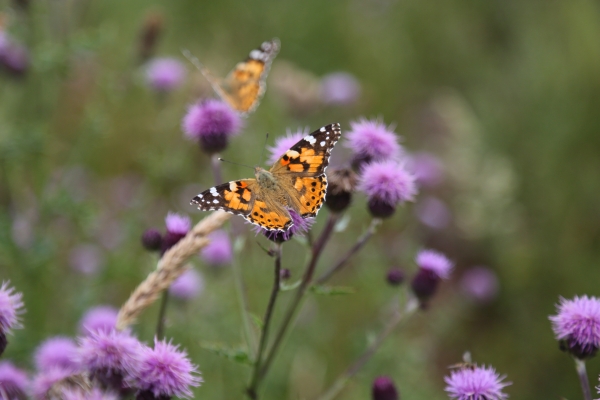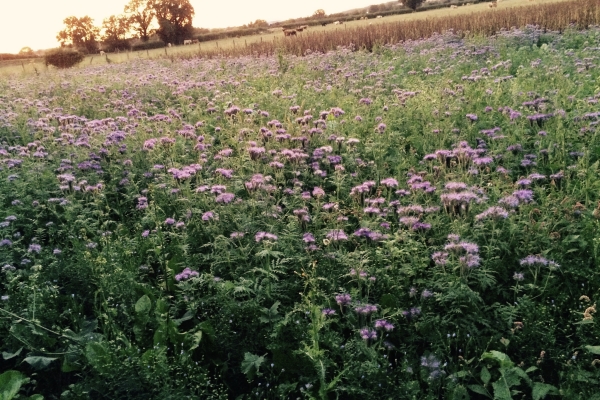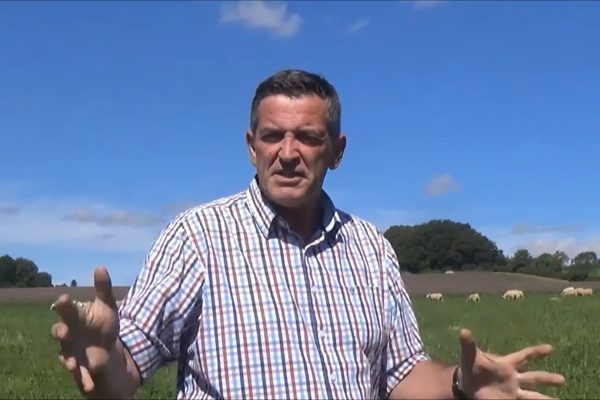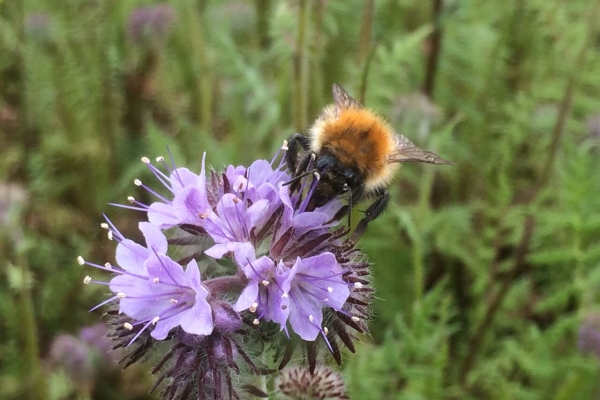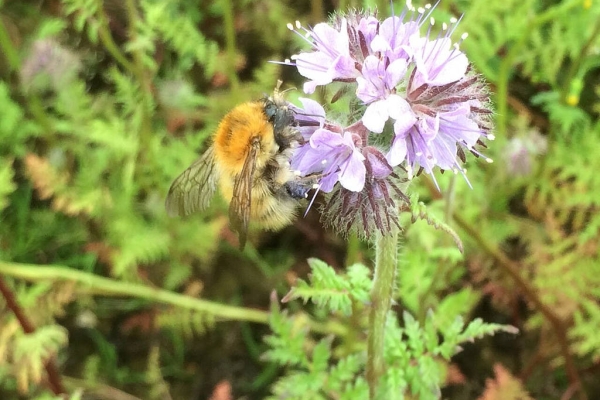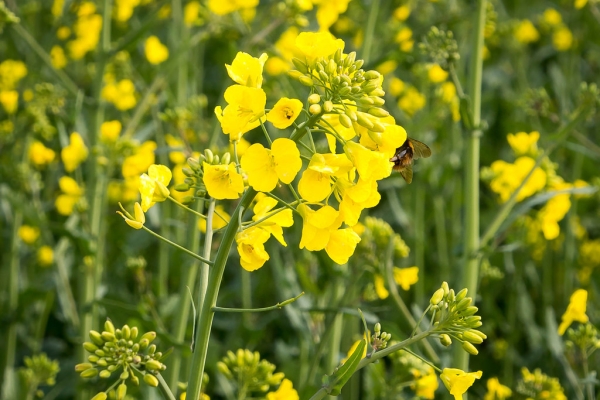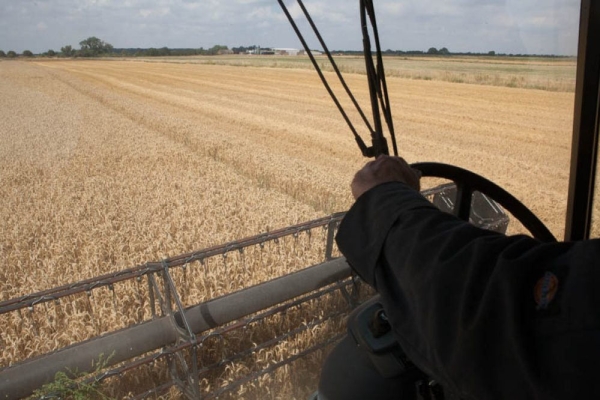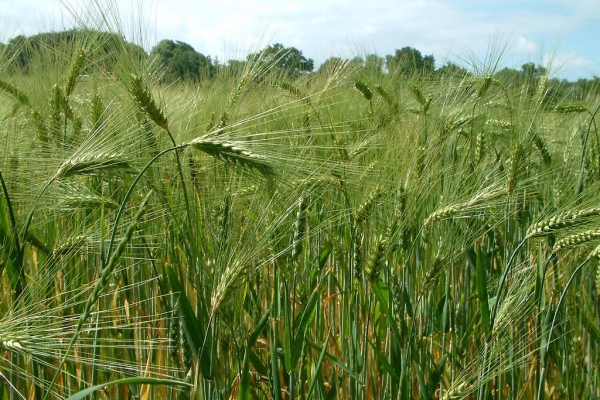Can a neonic-free future be good for farming and nature?
The current buzz
As I write this, the European Commission is considering whether to extend the current partial ban on neonicotinoid insecticides (neonics) – introduced to protect bees – to cover most other crops including wheat. The UK is party to these discussions and the position they take in the EU will give us a good idea of what to expect in the UK after Brexit.
So, should farmers be worried? Of course there will be farmers wondering how to replace neonic treated seeds should the ban be extended. After all one neonic, clothianidin, was used on over 700,000 hectares of wheat in the UK in 2014. The good news is that some farmers are already ahead of the game. Friends of the Earth’s new report ‘Farming wheat without neonicotinoids’ reveals how farmers are already adopting innovative ways of growing wheat without bee-harming pesticides.
You may be wondering why an insecticide should be banned on crops like wheat, which are not insect pollinated, in order to protect bees. Currently the ban on neonics only applies to flowering crops attractive to bees like oilseed rape. Bees won’t be directly exposed to neonics in a wheat crop, but these chemicals stay around in the soil for a long time and move around easily in soil and water. Residues have been found in wildflowers next to wheat crops, and could appear in crops that are grown after wheat or next to wheat.
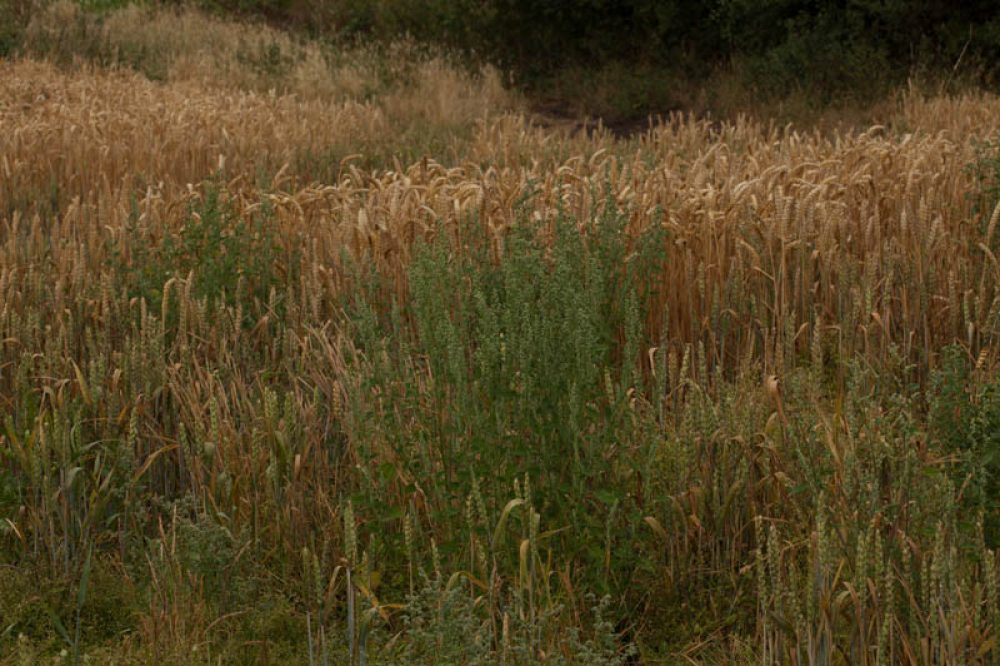
And it’s not just our bees that are at risk from these pesticides. There is worrying evidence that neonicotinoids pose significant wider risks to wildlife – including earthworms, birds and butterflies – and they can harm the natural predators that provide farmers with essential control of pests such as slugs. One study on soy crops showed that the neonic thiamethoxam didn’t affect the slugs it was meant to target but was transmitted to the ground beetles which feed on the slugs – this loss of natural pest control resulted in a loss of yield. So using neonics could even be counter productive.
Encouraging natural predators on the farm
In our research on wheat, natural predators came out strongly as an effective means of controlling the pests currently targeted by neonics. All the pests currently targeted by neonics are known to have natural enemies. And the information we gathered from studying reports and trial results was backed up by the farmers we spoke to. No-till farmer John Cherry told us that the natural enemies (including spiders and beetles) that are flourishing in his fields keep aphids and other pests under control. Peter Lundgren who farms in Lincolnshire, says he has saved money since stopping using wheat seeds treated with neonicotinoids. He also strongly believes in encouraging natural enemies to control crop pests and says this has enabled him to reduce his pesticide use.
Farmers who’ve had success with natural enemies have used a range of techniques to encourage them, from providing diverse habitats on the farm to cutting insecticide use overall, and minimising soil disturbance by using a no-till or minimum-till approach. Although it can take time for natural predator populations to build up in these systems they also provide wider benefits, for example no-till has also resulted in benefits for soil health and reduced fuel use.
Organic farmers are used to employing a range of techniques to keep pests under control, including a more complex rotation than many conventional farms. John Pawsey told us that since converting to organic production, he has not experienced any significant problems with insect pests in his wheat crop. And when he had a major attack of aphids on a bean crop one year the ladybird population quickly brought them under control. Conventional farmer David Walston has never used a neonicotinoid seed treatment on his wheat crop. He is in the second year of no-till and has 100 hectares of wildlife habitat on the farm. Although he does still use insecticides, he’s aiming to minimise their use and believes that encouraging a healthy ecosystem has to be better for pest control as well as for biodiversity.
An Integrated Pest Management and whole farm approach
Our report also found that a move to spring cropping reduced pest problems, and although yields are more variable, the cost of inputs could be much lower. Resistant crop varieties (for Orange Wheat Blossom Midge), and wider use of monitoring and thresholds were also identified as important solutions. We concluded that replacing or reducing insecticides is not about finding a silver bullet, but about developing techniques that in combination work well in an Integrated Pest Management or organic approach. Ideally governments and research institutions should see the writing on the wall when a pesticide product is likely to be withdrawn and put research effort into finding safe and effective solutions that work for farmers and the environment. All too often this doesn’t happen.
Agri-environment schemes have helped farmers to create wildlife on their farms which helps to boost natural predators – will these still exist post Brexit? Several farmers also told us that a whole farm approach is needed – not just looking after the edges but ensuring that the cropped area is managed with wildlife in mind too. And that to move away from pesticide dependence, genuinely independent agronomy advice will be crucial.
It’s always encouraging to hear from innovative farmers trying to do things differently and it’s great that Agricology is helping to spread best practice. Now more than ever we need to work together to ensure that the Government provides the right support to farmers in its post Brexit farming policy.
Sandra Bell is Nature Campaigner for Friends of the Earth. She writes:
I have worked for Friends of the Earth in various roles relating to farming including pesticides, local food and supermarket power, and now I’m in the nature team and campaigning to reverse bee decline. I strongly believe that environmental campaigners need to work with farmers so we can understand each other’s perspective and work towards common goals for a more sustainable farming future. I live in Yorkshire and love to get out into the local countryside with my family.
Learn more:
- View the Friends of the Earth report ‘Farming wheat without neonicotinoids‘ here.
Have a look at other content on Agricology that explore the implications of using neonicotinoids and actions farmers can take:
- PAN UK’s ‘What could farmers do to rely less on neonicotinoids?‘ looks at ways in which farmers and growers can reduce neonicotinoid use and employ pest control alternatives.
- The Bee Coalition’s report ‘Policies for pollinators‘ highlights the need for governmental action to protect pollinators and the importance of farming in pollinator-friendly ways.
- A Game & Wildlife Conservation Trust factsheet ‘Neonicotinoids – Your essential brief‘ is based on current evidence designed to help you understand how neonicotinoids work and the impacts their use has on bees and the larger environment.
- Friends of the Earth’s report ‘Farming Oilseed Rape without Neonicotinoids‘ examines current ways of growing oilseed rape without neonicotinoids.
- Tim Field‘s blog from May 2016 ‘Pollinators & pesticides: A review of the evidence‘ reports back on an interesting debate.
(Editor’s Note)
Photo credits: Ruth Levene, Courtesy of A Field of Wheat
